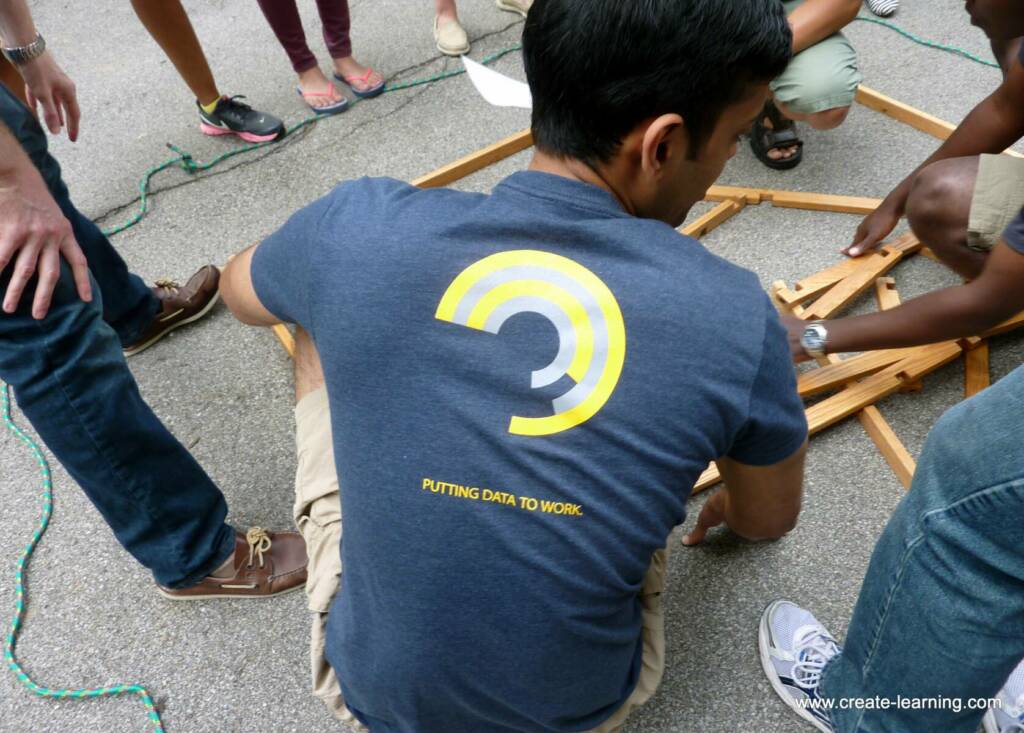
Organization development is a crucial element of any organization. This process involves using behavioral science to improve the effectiveness of the organization. Several factors, such as the Hawthorne effect, consistency of management, implicit leadership theories, and personality traits, play a vital role in the success of organizational development. We will explore these factors and provide practical ways to implement them in your organization.
The Hawthorne Effect
The Hawthorne effect shows that people will alter their behavior when being watched. It also indicates that when novelty is introduced into a workplace, productivity increases for some time and returns to the average productivity. To implement this concept effectively in your organization, you could:
- Create ways to listen to people’s needs and develop ways to respond to and fulfill those needs.
- Recognize that when novelty or change is introduced, production will increase, but it will fall back to the average. Identify if more staff is needed or mechanical support can be put in place or work with people to determine how and what can be put in place to support an increase in productivity.
Consistency of Management
Consistency of management over some time greater than two years will work to support or improve team performance. A change in management may create a short-term increase (Hawthorne effect). Yet, the team will return to its baseline or decrease effectiveness when a new manager assumes accountability for the team. To implement this concept effectively in your organization, you could:
- Create a survey for the customer or those who receive the team’s work or deliverables.
- Create a survey for the team members to determine their desire to work with this team again or remain with it if given a choice.
- Create a survey for team members and the manager to recognize team skill development over time.
- Create a field study. With two teams with the same director or Vice President or working within the same department with similar work, try to find team managers with similar skills and longevity.
Implicit Leadership Theories
Implicit leadership theories refer to how people in different cultures perceive leadership. To implement this concept effectively in your organization, you could:
- Observe and listen in meetings – Power and leadership perception will often be observed when people work together in meetings.
- Be aware of who is leading the conversation, who people look at or look to for a response or appropriate actions, and whose ideas are documented in the action items after the meeting – AND whose ideas the group completes or takes effort on.
- Take notes and observe how people in management roles speak to each other and how they talk with other front-line people, people from other departments, and different managers.
- Be aware of who is present and ignored within the workplace. People who are present or obviously seen but ignored will show cultural and possible behavioral differences in leadership and organizational culture.
Personality Traits
Personality traits play a vital role in leadership emergence and leadership effectiveness. The Big5 (Neuroticism, Extraversion, Openness, Agreeableness, and Conscientiousness) are personality traits that predict leadership effectiveness. To implement this concept effectively in your organization, you could:
- Use the Big5 within organizations as a factor in promotions and career development.
- Use the Big5 to identify areas of strengths and needs based on the role and the best fit based on current and future needs and changes.
- Avoid hiring candidates with low Conscientiousness and high Agreeableness, as they may need more attention to detail, follow-through, and accuracy in their work.
Organization development is a necessary process that requires a deep understanding of human behavior and personality traits. The Hawthorne effect, management consistency, implicit leadership theories, and personality traits are all vital factors in making the organization a place where people want to stay, do their best work, and feel comfortable sharing their ideas and being a part of the collective progress.

